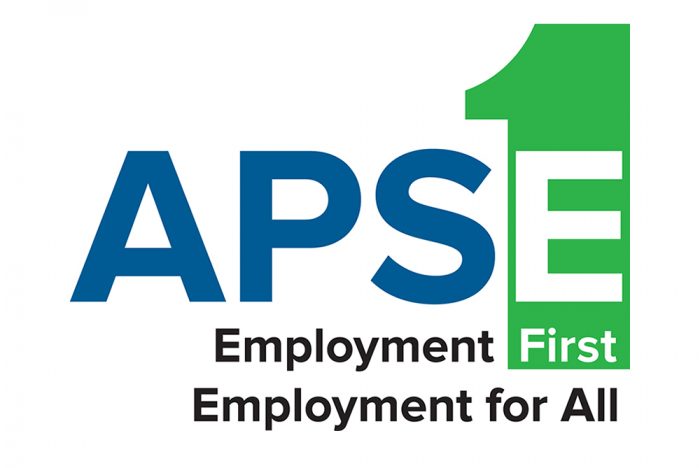From ANCOR:
Happy Friday, ANCOR Members! Two months after President Biden signed the American Rescue Plan into law, CMS finally released its guidance to states on the 10% FMAP bump dedicated to HCBS. We are still analyzing it carefully, but initially it appears that stakeholder input was carefully considered. Of immediate significance:
- CMS is permitting states an additional three 30 day episodes of retainer payments. We advocated long and hard for that, so this is a major win!
- Time frame for states to spend the additional FMAP funds was extended through March 31, 2024;
- States must maintain HCBS provider payments at a rate no less than those in place as of 4/1/21;
- Gives specific examples re states which implemented temporary changes through the Appendix K template and how they are expected to retain those changes;
- Specific examples re supplementing vs. supplanting;
- Allowable uses include:
- Payment rates with the expectation of providers to increase compensation, leave benefits, specialized payments, etc.
- PPE & Testing Supplies
- Activities to recruit and retain DSPs, including incentive payments, training specific to the pandemic
- Support for family caregivers, including PPE and payment as a service provider
- Assistive Technology, including internet activation costs, staffing ,etc.
- Transition Support
Below is an overall summary of the full guidance:
Since the beginning of the pandemic, ANCOR alongside our disability partners has worked tirelessly to address those needs – finding new ways to deliver services and increase capacity, ensuring the needs of people with disabilities have been considered at every step of the COVID-19 response, and ensuring that the magnitude of the needs are understood.
As a result of that advocacy, the American Rescue Plan Act of 2021 (ARP) included several provisions to help address these unmet needs. One of them is a temporary, but significant, increase in federal funding for home and community-based services (HCBS). Specifically, states can receive a 10 percentage-point increase to the federal medical assistance percentage (FMAP) they receive for certain Medicaid expenditures for HCBS. This “FMAP bump” is available for one year, from April 1, 2021 to March 31, 2022.
In a letter to State Medicaid Directors issued Thursday, the Centers for Medicare & Medicaid Services (CMS) provided states with guidance for receiving the funding. The letter provides more precise details, but services and activities can be provided through a variety of different Medicaid HCBS programs, and a wide variety of services and supports that both older adults and people with disabilities rely upon are eligible. For example, states can claim additional federal funds for:
- HCBS waiver services
- Home health services
- Private duty nursing
- Personal care services
- Self-directed personal care services
- Case management
- School-based services
- Rehabilitative services
- Program of All Inclusive Care for the Elderly (PACE)
Additional funding also can be used for a range of activities that help increase community living options. The following are just a few of the many examples described in CMS’ letter:
- Adding new HCBS services.
- Providing more of the same services to people who already receive them. For example, providing additional hours of personal care services.
- Providing services to individuals on HCBS waiting lists.
- Providing services that help people avoid institutionalization, or that help them return to the community from institutions.
- Supporting the direct care workforce through increased pay or benefits, recruitment and training activities, or expanding self-directed programs.
- Providing supports for family caregivers, including training and respite services.
- Providing assistive technology for people with disabilities, including internet activation costs.
- Assisting with access to COVID-19 vaccines, including scheduling appointments, transportation and in-home vaccination.
- Providing personal protective equipment.
- Expanding provider capacity for mental health and substance use disorders, as well as expanded rehabilitation services.
- Quality improvement activities.
- Some No Wrong Door functions, such as developing informational websites, automating screening and assessment tools, and conducting marketing and outreach campaigns.
(Note that services paid for through administrative match, such as those offered through the Long-Term Care Ombudsman program and certain No Wrong Door program activities, are not eligible.)
An important condition for receiving this funding is that states cannot decrease their own funding of HBCS. In other words, states cannot use the additional federal funding instead of state funds; the funds must be used in addition to the state’s own investments. They also may not cut HCBS services during this time. That means states may not eliminate covered services or reduce the amount, duration or scope of those services. In addition, they may not impose stricter eligibility requirements for HCBS programs and services than were in place on April 1, 2021 or reduce provider payments.
***States can contact HCBSincreasedFMAP@cms.hhs.gov if they have questions about the services which can claim the increased FMAP.
——————————
Shannon McCracken
Vice President of Government Relations
ANCOR
606-271-3555
——————————

















